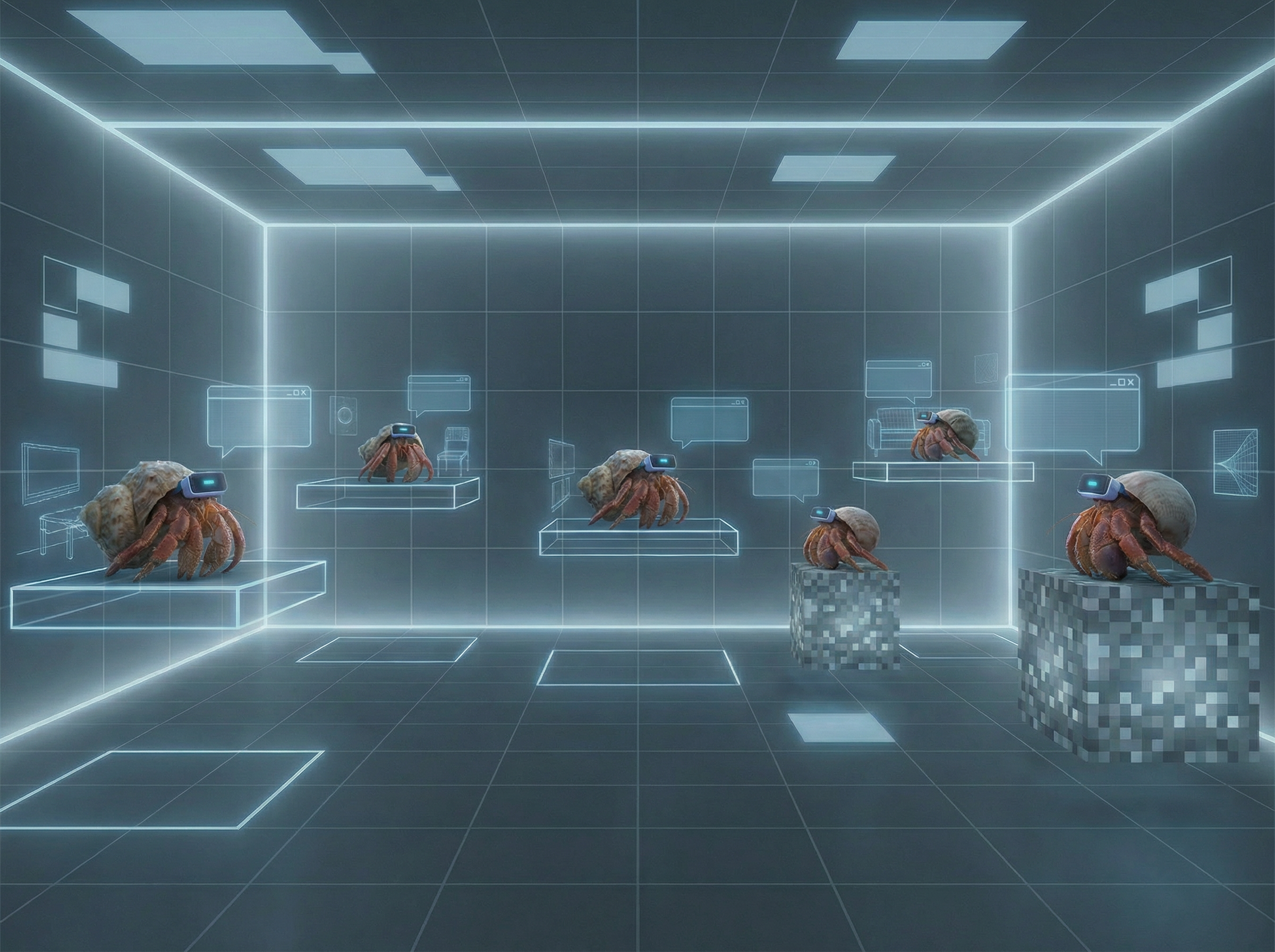In a letter to AI Minister Evan Solomon, OpenAI has promised the Canadian government it will tighten its safety protocols. The move follows a fatal shooting at a school in Tumbler Ridge, British Columbia, that killed eight people. The suspect, Jesse Van Rootselaar, had previously interacted with ChatGPT. An internal algorithm flagged the interactions as possible warnings of real-world violence, and OpenAI employees reviewed them. The company blocked the account but ultimately decided not to contact police.
According to the Wall Street Journal, OpenAI now plans to adopt more flexible criteria for sharing account data with authorities, establish direct lines of communication with Canadian law enforcement, and improve its systems for detecting evasion tactics. OpenAI Vice President Ann O'Leary said the account would have been reported under the new rules. Canada's Justice Minister Sean Fraser warned that new AI regulations could follow if OpenAI doesn't act quickly.


